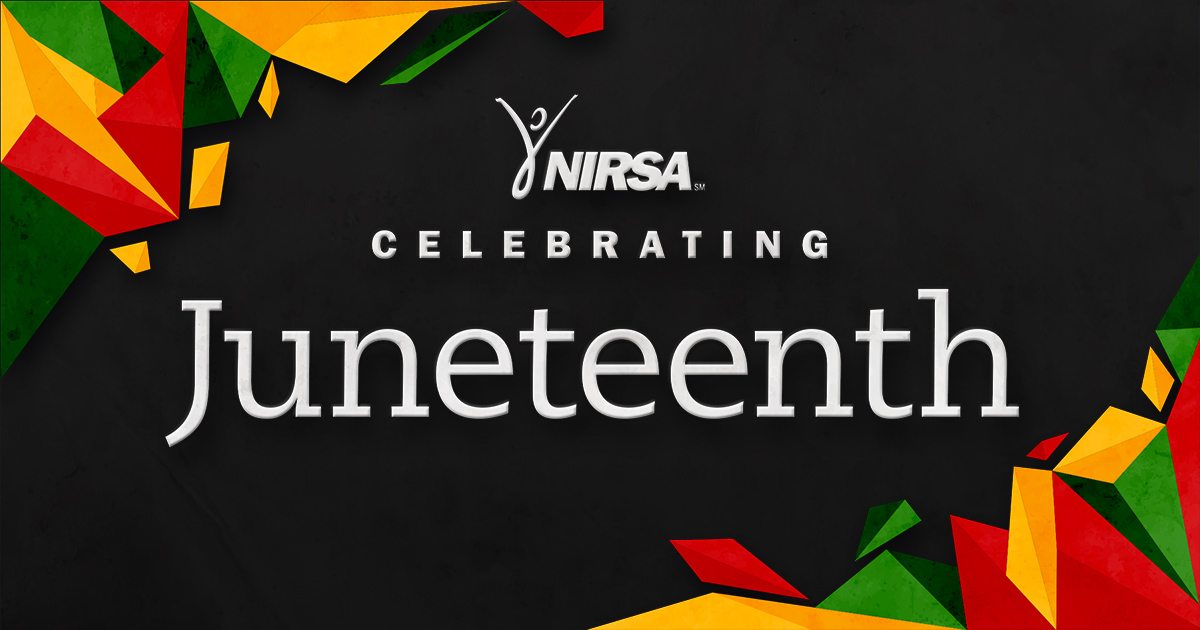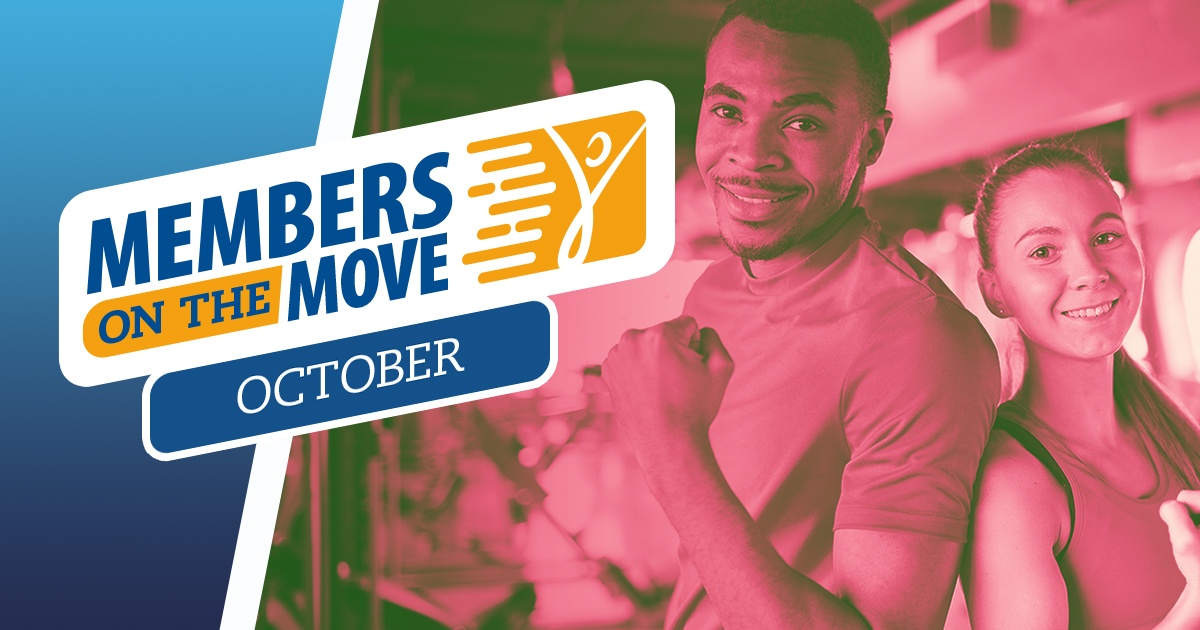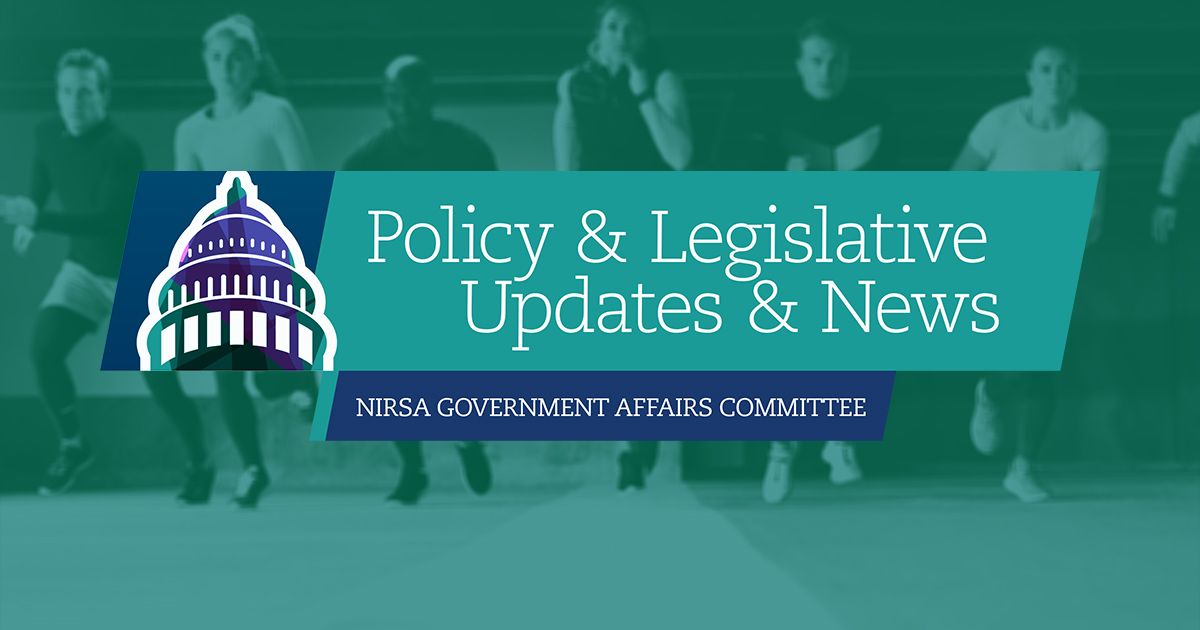Monday, June 19, 2023 is the federal holiday of Juneteenth. Juneteenth (short for “June Nineteenth”) commemorates the day in 1865 when federal troops arrived in Galveston, Texas to enforce federal decree that all enslaved people be freed. The troops’ arrival came 1,001 days after Abraham Lincoln signed the Emancipation Proclamation.
The enforcement of General Orders Number 3 in Texas, announced that June 19, 1865, is widely regarded as the end to slavery in the United States and Juneteenth is considered the longest-running African American holiday. As a day that commemorates the freedom of enslaved Black people, it has become a momentous occasion—emphasizing both education and achievement—that can last a day, a week, and in some cases a whole month filled with community-based celebrations, family gatherings, picnics, parades, and more.
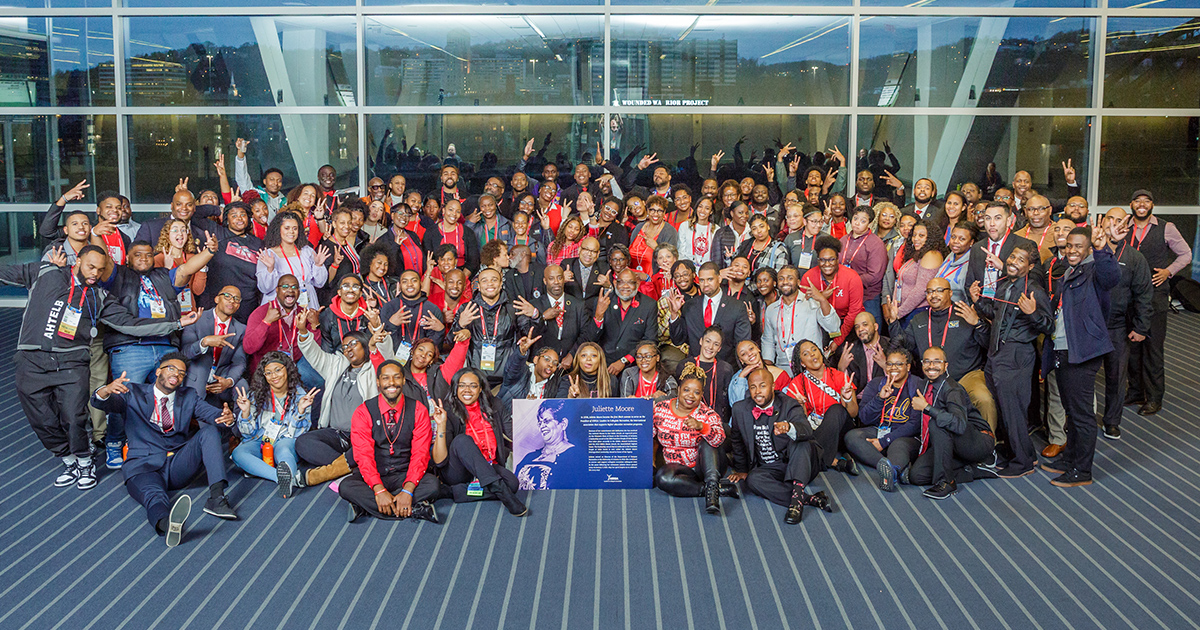
The day has been designated a state holiday in Texas since 1980. In 2021, it officially became a federal holiday. But what does that mean for Juneteenth to be elevated to national holiday status? It’s easy to look at commercial enterprises and see how many in big business have jumped on the bandwagon and have worked to commercialize, monetize, and capitalize on the occasion through largely performative acts. How will you honor Juneteenth—on your campus or in your personal life—this year?
Last year, Andrea Snead, Director of Diversity and Inclusion for the United States Tennis Association (USTA) and Dr. Dexter Shorter, Associate Director of Campus Recreation for Programs at Pennsylvania State University in University Park shared with NIRSA members some great perspective about why we should celebrate Juneteenth:
“Ultimately, Juneteenth symbolizes the joy of freedom within the Black community and represents a start to new opportunities within our country. It serves as a reminder of our responsibility to intentionally observe Black achievement, excellence, and resilience with the people around us. Unequivocally, all U.S. citizens will continue to benefit from the wealth that Black people built within our country through more than two centuries of enslavement. Juneteenth allows us to acknowledge that debt as well as reflect on our past, our present, and our future as a people. Therefore, we should honor the many meaningful action steps being taken to commemorate the belated emancipation of enslaved Black people within the United States.”
They also shared several great ideas for celebrating Juneteenth, especially through exploration of NIRSA’s founding and its connection to HBCU schools.
In addition to their great list of resources, we add for your consideration:
Books
- Between the World & Me by Ta-Nahesi Coates
Written as a letter by Coates to his then-teenage son about his perception of what the feelings, symbolism, and realities associated with being Black in the United States are. - Teaching Community: A Pedagogy of Hope by bell hooks
A collection of essays on combating racism and sexism in education, the book draws from hook’s personal experiences as both a student and teacher. Her stories offer insight into creating better communities as she covers topics like romantic relationships between professors and students, democratic education, and racism. Her descriptions of her experiences as a teacher, both in and out of the classroom, are valuable reading for educators looking for new perspectives. - How to be an Antiracist by Ibram X. Kendi
This book promises to become an essential book for anyone who wants to go beyond an awareness of racism to the next step of contributing to the formation of a truly just and equitable society. - Witness for Freedom: African American Voices on Race, Slavery and Emancipation edited by C. Peter Ripley
Encompassing a broad range of African American voices, from Frederick Douglass to anonymous fugitive slaves, this collection collects eighty-nine exceptional documents that represent the best of the five-volume Black Abolitionist Papers. - Juneteenth by Ralph Ellison
In 1965, Ralph Ellison published a short story called “Juneteenth.” It was a central excerpt of his long-awaited novel-in-progress. Ellison worked on the novel for three decades, but never finished it. Published five years after his death, the “novel” was constructed by Ellison’s longtime friend and literary executor, biographer and critic John F. Callahan from over 2,000 pages of source material. In this sermon-story, Ellison evokes the rhythms of jazz and gospel and ordinary speech to tell a powerful tale of a prodigal son in the twentieth century.
Documentaries
- 13TH by Ava DuVernay
Systems of oppression continue despite the passage of the 13th Amendment to the US Constitution. Combining archival footage with testimony from activists and scholars, director Ava DuVernay’s examination of the U.S. prison system looks at how the country’s history of racial inequality drives the high rate of incarceration in America. - When They See Us by Ava DuVernay
Five teens from Harlem become trapped in a nightmare when they’re falsely accused of a brutal attack in Central Park. Based on the true story. - Juneteenth: A Celebration of Overcoming
In 2020, ABC News presented a prime-time special to commemorate Juneteenth, and examine its symbolism among the Black community and around the nation. Available through ABC.com, the ABC app, and Hulu, you can watch a short overview of the coverage for free on YouTube.
NIRSA history
As an association that was founded by Dr. William Wasson and 19 other Black men and women from 11 Historically Black Colleges and Universities (HBCU), we are compelled to reflect on our rich NIRSA history and how we got started.
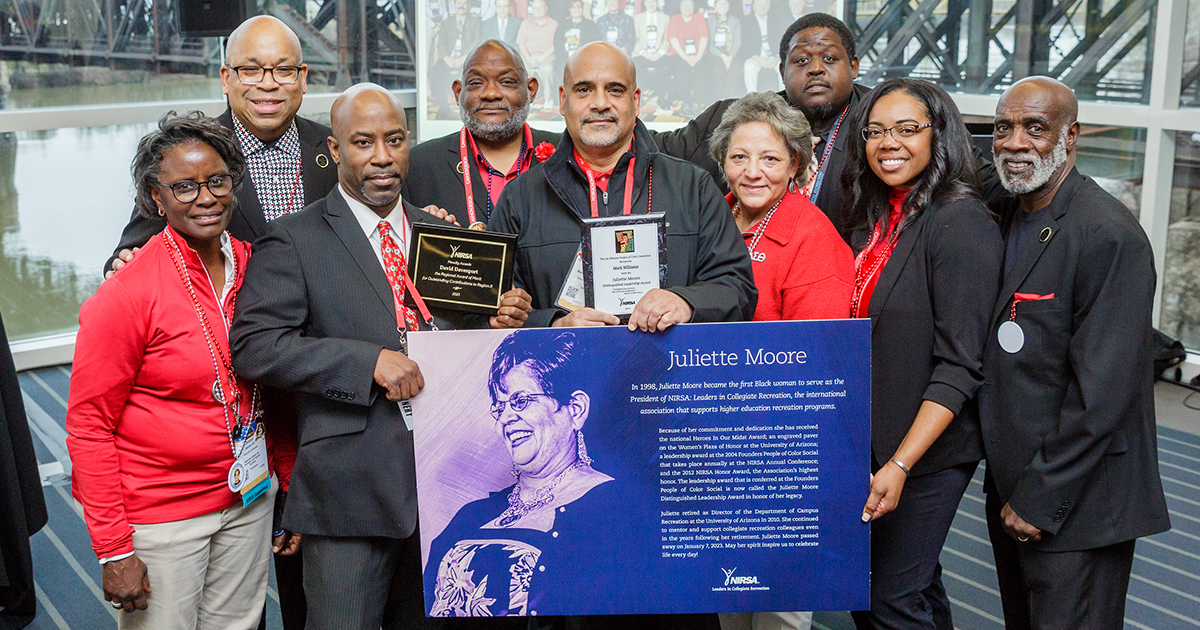
We invite you to explore some of the feature articles that NIRSA has published this year about the people and programs that have been influential on the Association’s history and legacy:
- The NIRSA family celebrates the life and legacy of Mrs. “Mama” Lee Wasson
- Juliette Moore—NIRSA’s first Black female President and Honor Award recipient—has passed away
- NIRSA founding HBCU spotlight on Dillard University
- NIRSA founding HBCU spotlight on University of Arkansas at Pine Bluff
- NIRSA founding HBCU spotlight on Tuskegee University
NIRSA’s Black Community Caucus
NIRSA’s Black Community Caucus is a part of the association’s commitment to engaging in conversation and organizing action. Conversations—which embrace vulnerability and authenticity—are intended to be a space for the Black community to come together. We look forward to connecting again next in the fall.
- For more information about NIRSA Caucuses, contact NIRSA Senior Executive Assistant, Elishea Borin.
- If you are interested in highlighting your campus or a NIRSA member’s achievements on your campus, pitch us your ideas.
Candice Douglas is currently the Assistant Director of Facilities for Western Kentucky University's Campus Recreation & Wellness; you can email her at candice.douglas@wku.edu.
Jasmine Holmes is currently Associate Director for Sport Programs at Syracuse University. She is also serves on the NSC Board of Directors; you can email her at jholme04@syr.edu.


